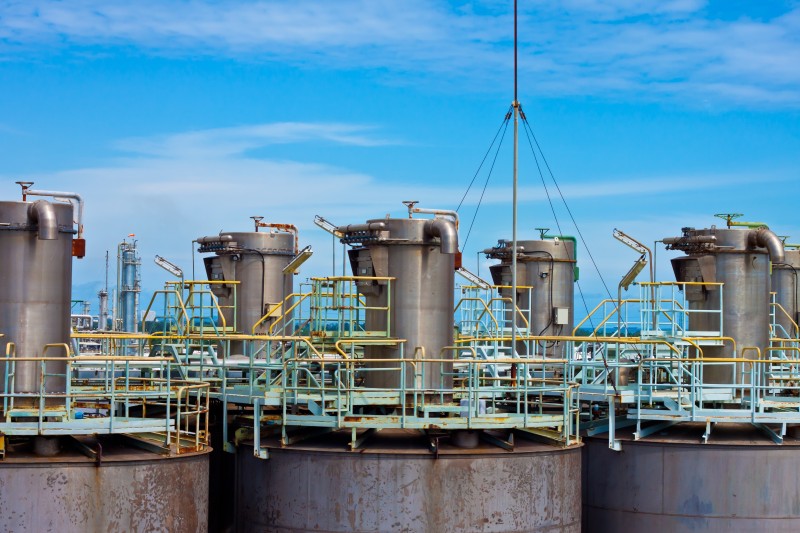What is an Air Quality Control System?
An air quality control system is a series of equipment that filters toxic gases that are emitted from human-made resources and nature. Human-made resources involve mobile and stationary factors. Mobile refers to cars, airplanes, and trains. Stationary pertains to factories and power plants.
How is an Air Quality System Created?
Several elements are involved when creating an air quality system. The first element is the environment. The air quality, location of emission, noise levels, and ancillary pollution take into reference when the system is made.
The next element is engineering. When creating the air quality system, the performance characteristics are measured to see how adequately it can function under certain conditions. This also includes gas stream and pollutant characteristics.
Economic factors are important in the creation of an air quality system. These factors include operating costs, capital costs, equipment lifetime, and legal costs.
How Does Air Quality System Equipment Work?
Air quality control system has the job of clearing air pollution that encompasses every aspect of industries today. This would involve product manufacturing, raw material sourcing, distribution, and maintenance and repair services. Each piece of equipment involved in the process of cleaning air can either use the process of combustion, conversion, or collection.
Combustion destroys the pollutant in the air. However, the conversion procedure chemically changes pollutants into less harmful compounds. Then, the process of collection separates pollutants from the air before it’s released into a certain environment. For more information, contact Air Clear, LLC at www.web.com.


